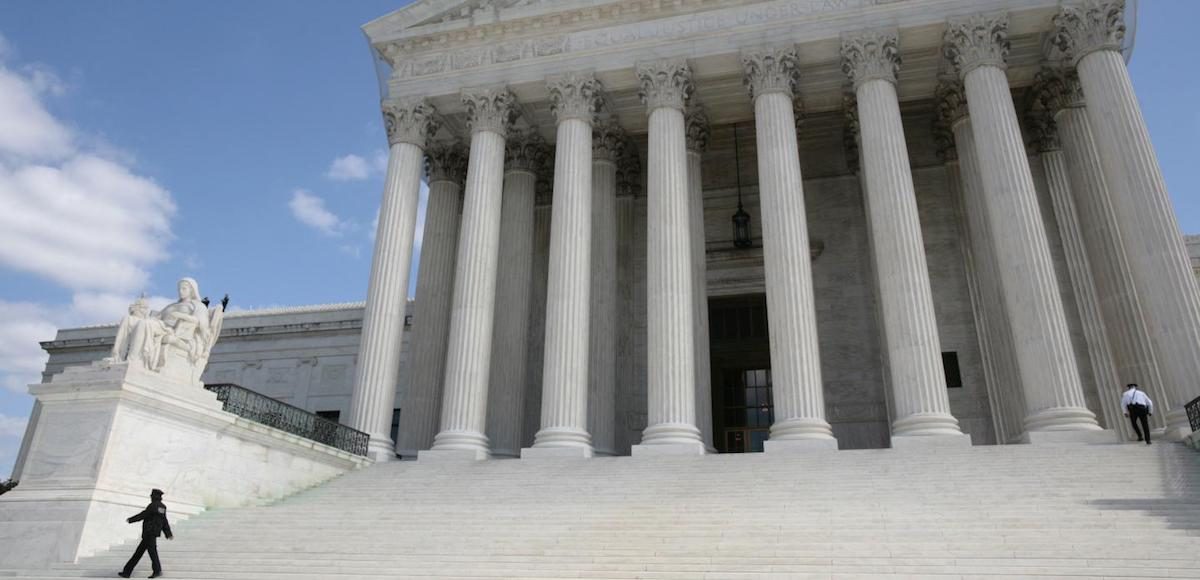
The U.S. Supreme Court on Wednesday heard oral arguments in the case of Trump v. Hawaii, a case involving the enforcement of a travel ban on six majority-Muslim countries. The Court ruled 7 – 2 in December 2017 that the Trump Administration could fully enforce the order.
The two short briefs (available here and here), which represented a major victory for the White House, came after nearly a year of legal challenges and judicial activism in lower courts.
The “Executive Order Protecting The Nation From Foreign Terrorist Entry Into The United States” cited the president’s authority granted by the U.S. Constitution and the U.S. Congress, specifically the Immigration and Nationality Act (INA) of 1952.
Whenever the President finds that the entry of any aliens or of any class of aliens into the United States would be detrimental to the interests of the United States, he may by proclamation, and for such period as he shall deem necessary, suspend the entry of all aliens or any class of aliens as immigrants or nonimmigrants, or impose on the entry of aliens any restrictions he may deem to be appropriate.
Attorney General Jeff Sessions issued a statement about the case before arguments were heard.
“President Trump has been steadfast in his commitment to the safety and security of all Americans. The Constitution and Acts of Congress confer on the President broad discretion and authority to protect the United States from all foreign and domestic threats,” Attorney General Sessions said. “After multiple agency heads conducted a comprehensive, worldwide review of foreign governments’ information-sharing practices and other risk factors, President Trump determined this travel order is critical to protecting the American people.”
The People’s Pundit Daily (PPD Poll) Big Data Poll has repeatedly found majority support for President Trump’s executive order. He issued the first within days of being inaugurated and rewrote it in an attempt to address the concerns of the 9th Circuit.
The initial executive order came on the heels of the DHS revealing nearly a third of the 1,000 domestic terrorism cases currently being investigated by the Federal Bureau of Investigation (FBI) involve those admitted to the U.S. as refugees.
Officials said some of those 300 came to “infiltrate” the U.S., while others were radicalized once they were in the country. The report represented the first official solid tie between the refugee resettlement program and an increase in domestic terrorism.
However, unlike the initial order, the revised executive action detailed categories of people eligible to enter the U.S. for business or medical travel purposes. It also no longer suspended Syrian refugee admissions indefinitely and excluded Iraq. Still, lawyers for the state of Hawaii, the most liberal state in the country, moved for a temporary restraining order on March 15, the day before the new executive order was supposed to take effect.
TRANSCRIPT
[pdfviewer width=”740px” height=”849px” beta=”true/false”]https://www.peoplespunditdaily.com/wp-content/uploads/2018/04/Trump-et-al-v-Hawaii-et-al-SCOTUS.pdf[/pdfviewer]








Goldie Cross / April 25, 2018
I hope that SCOTUS rules IN FAVOR of Trump’s ban and puts that pissant Doug Chin in his place. Sad that Chin is now the Lt. Governor of Hawaii because no one else wanted the job.
/